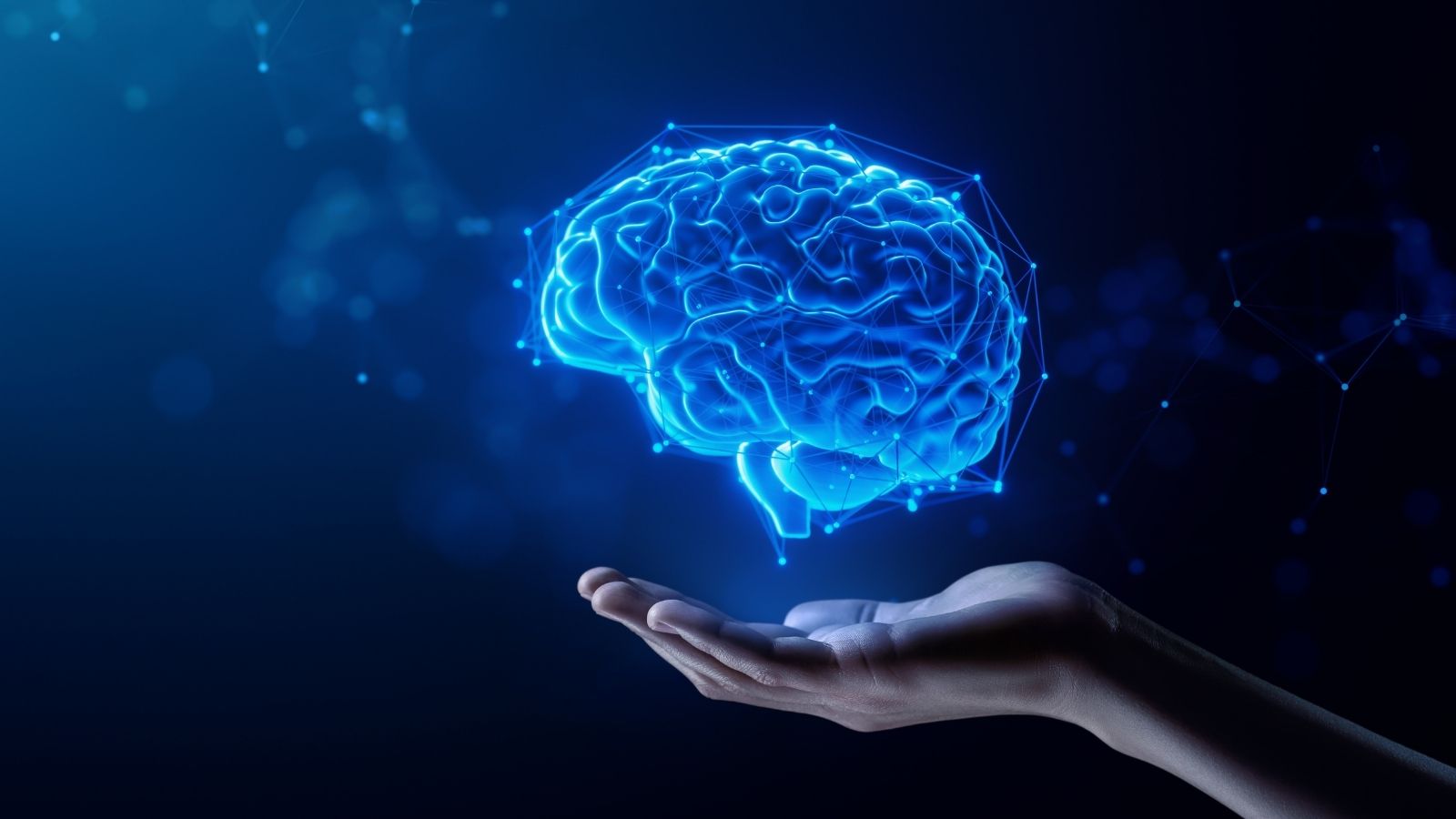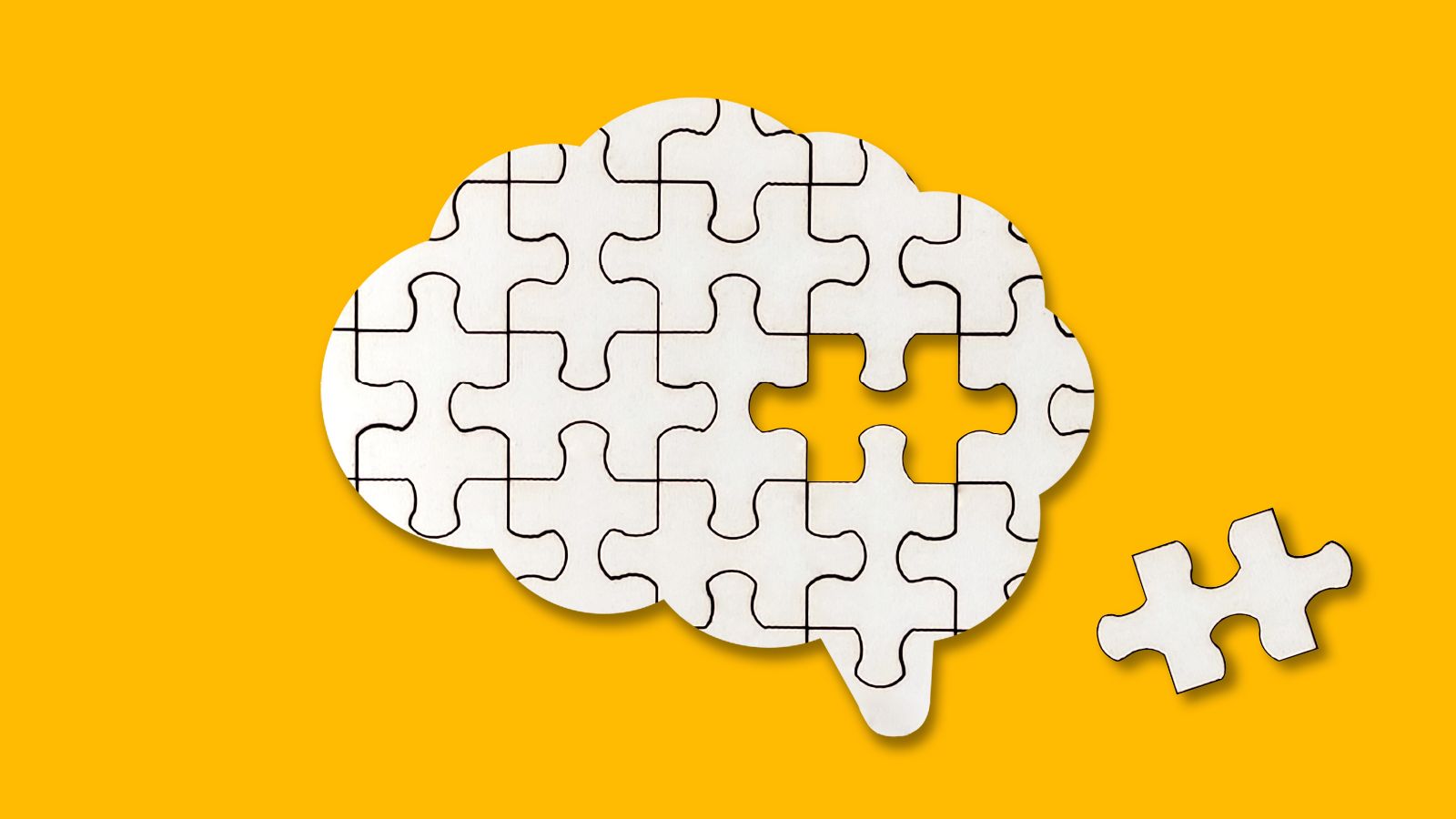Technology has become a key component of our everyday lives in today’s digital environment. We’re always connected, whether it’s through laptops or smartphones. Technology has made life easier, but it also has unintended consequences, particularly for our mental health. The impact of tech addiction on the brain can be severe, and the problem is becoming worse. These 17 startling ways that tech addiction is subtly affecting your brain are presented here.
Reduced Capacity for Focus

A shorter attention span is one of the most apparent consequences of computer addiction. The brain is trained to want rapid stimulation by social media, constant notifications, and the fast flow of information. This makes it more challenging to concentrate on activities that need sustained attention.
Lower Memory Retention

An addiction to technology might impair your memory. With the internet at our fingertips, we depend on search engines to help us recall things, which reduces the likelihood that we will retain information in our long-term memory. This may eventually cause your memory to deteriorate.
Increased anxiety

Information overload brought on by social media sites, news feeds, and continual scrolling can make people anxious. Your brain is constantly stimulated and under stress when you constantly check your phone for messages or updates, making you tense and nervous.
Sleep Disruption

Sleep habits are frequently disturbed by tech addiction, especially when using electronics right before bed. Melatonin is the hormone that controls sleep, and the blue light that screens emit disrupts this process. Poor sleep quality and trouble falling asleep result from this.
Dopamine Overload

Whenever you receive a message, like a post, or complete a gaming level, tech addiction causes the brain’s “feel-good” chemical, dopamine, to be released. Your brain eventually develops an addiction to these dopamine surges, which makes it more challenging to appreciate pursuits that don’t offer immediate satisfaction.
Reduced Social Skills

Overuse of technology, particularly social media, might impair your capacity to interact with others in real-world situations. Because digital addiction impairs the brain’s capacity to recognize body language, emotional subtleties, and social indicators, face-to-face interactions become awkward.
Burnouts

Creating a false productivity sensation is possible by using many devices simultaneously or rapidly switching between apps. However, too much juggling reduces cognitive function. When your brain is overloaded, it makes mistakes, processes information more slowly, and cannot concentrate on a single job at a time.
Reduction in Emotional Control

Using technology constantly can make it harder to control your emotions. Technology’s rapid gratification can teach the brain to look for rewards quickly, which makes it more difficult to handle anger, disappointment, and delayed gratification in real life.
Novelty Addiction

An addiction to technology creates a desire for fresh and exciting content. Because your brain constantly searches for the following fascinating facts, this novelty-seeking tendency can become compulsive, making it harder to appreciate simpler, more significant events.
Reduced Originality

Continuous use of technology can inhibit creativity. The brain requires rest to wander, fantasize, and think critically. However, such mental breaks—which are necessary for problem-solving and creative thinking—are scarce in tech addiction.
Overstimulation of the Senses

The continuous availability of games, music, videos, and other media might cause your brain to become overstimulated. Due to this sensory overload, your brain may find it challenging to unwind, which can cause mental exhaustion, impatience, and a diminished capacity to appreciate peaceful pursuits.
Fatigue in Making Decisions

An excessive volume of information is produced by tech addiction, which forces the brain to make innumerable little decisions every day, such as which post to like, which video to view, or which game to play. Over time, this continual decision-making may cause weariness and poor judgment.
A Higher Chance of Depression

Research has indicated a connection between increased rates of sadness and digital addiction, including social media use. Feelings of inadequacy, exposure to harmful content, and continual comparisons to others can all exacerbate depression symptoms and have an impact on mental health in general.
Disconnection from the Real World

Addiction to technology can lead to a detachment from reality. You risk isolating yourself from relationships, events, and experiences in the real world as you spend more time online. Even when you’re “connected” to others online, this distance can cause loneliness.
Effects on Brain

Long-term tech addiction can alter the structure of the brain, especially in regions related to impulse control, emotional regulation, and decision-making. You may become stuck in a vicious cycle of compulsive tech use as a result of these changes, making it challenging to escape the addiction.
Increased Aggression

Aggression has been connected to specific types of technology use, especially playing violent video games or being exposed to violent media. This aggressive conduct results from the brain’s desensitization to stress and violence, which heightens emotional reactions under pressure.
Weak Impulse Control

An addiction to technology might weaken your self-control. Constant availability of information and entertainment causes the brain to grow accustomed to receiving rewards immediately. This can make it more challenging to postpone satisfaction, which can result in rash actions in both real-world and tech-related contexts.
Conclusion

Although technology has transformed our lives, we must stay aware of how it affects our minds. The subtle nature of tech addiction typically goes undiagnosed until it begins to impact your mental and emotional health negatively.
18 Reasons Why People Are Leaving Florida in Masses

Exploring factors that impact the desirability of living in Florida, this list delves into various challenges shaping residents’ experiences. From environmental concerns like rising sea levels to economic factors such as fluctuating job markets, these issues collectively contribute to a nuanced understanding of the state’s appeal.
18 Reasons Why People Are Leaving Florida in Masses
